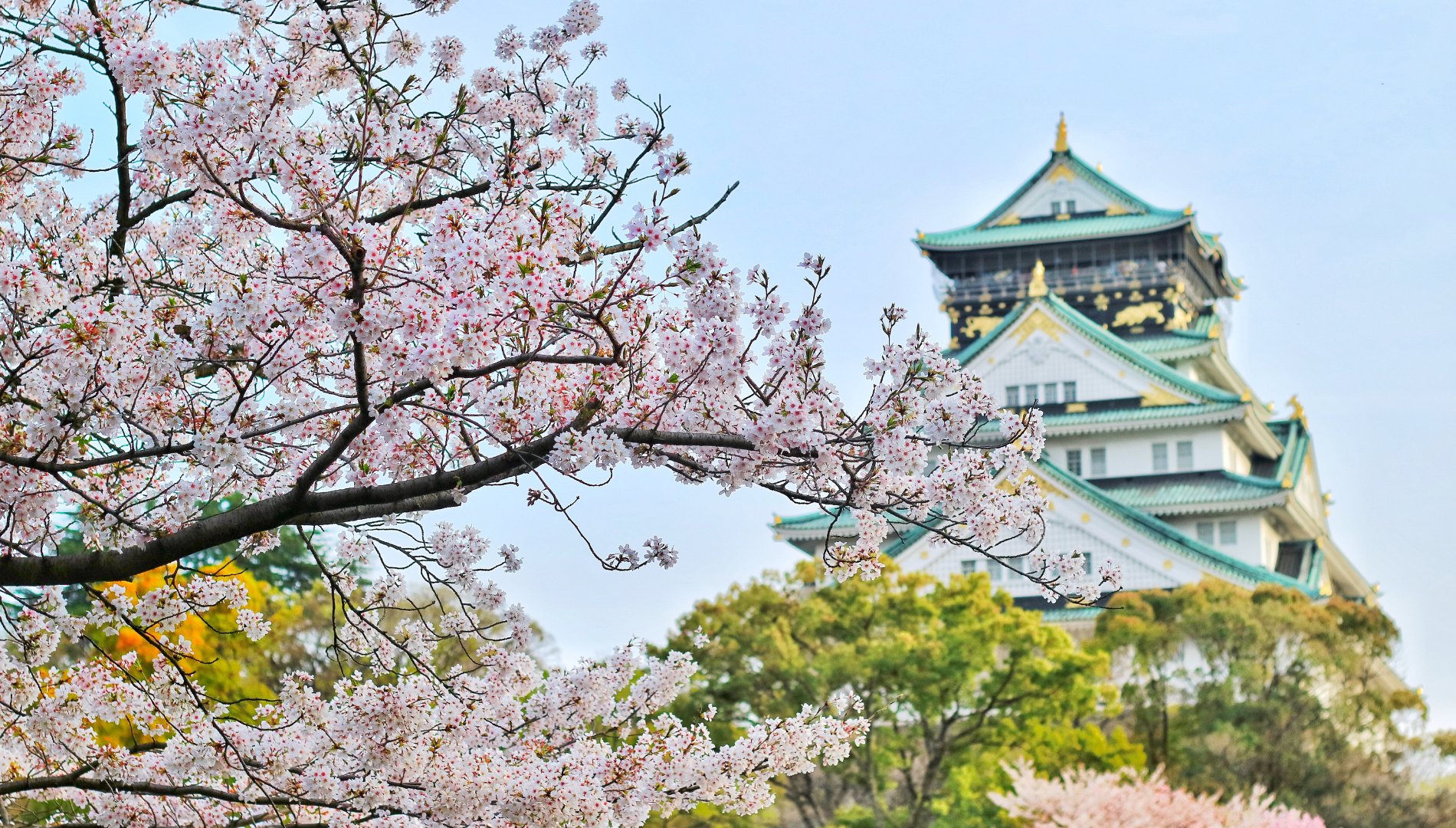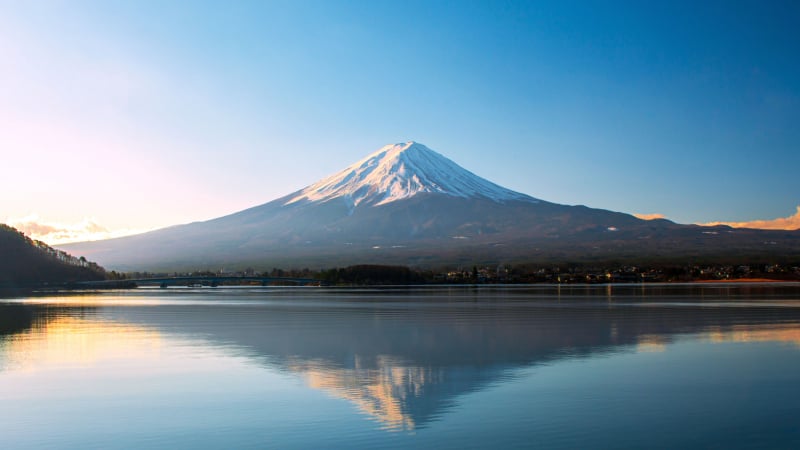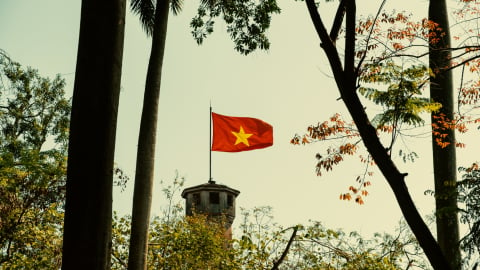Against the backdrop of a global economic landscape still fraught with unpredictable fluctuations, coupled with profound shifts in consumer sentiment and adjustments in personal spending priorities, international travel is gradually becoming a distant goal for a significant portion of the Japanese population – an "expensive dream" that not everyone can afford to pursue.
According to the latest survey conducted by the reputable market research company Intage, besides personal factors such as the desire to avoid the hustle and bustle of crowded tourist destinations, financial burden remains the leading reason behind the reluctance of many Japanese people to travel abroad.
This fact becomes even more noteworthy when considering the not-so-vibrant domestic travel habits of the Japanese, making international travel, once considered an indispensable part of broadening horizons and experiencing different cultures, an increasingly unattainable luxury in the current economic climate.
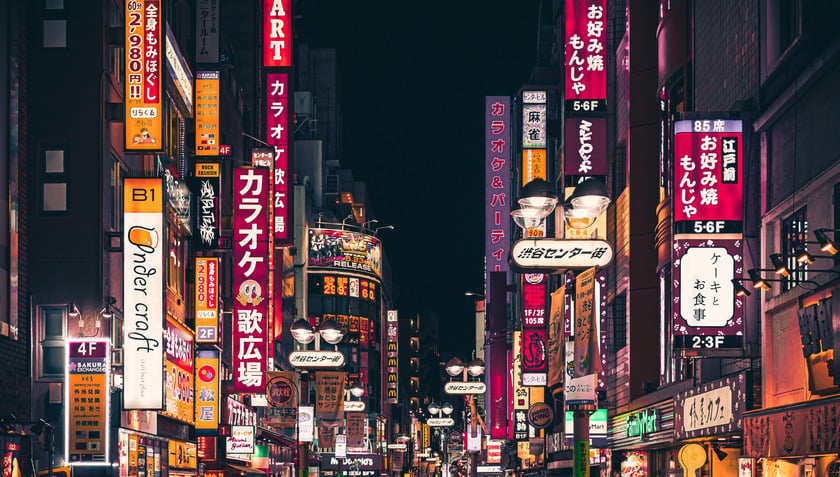
Traditionally, Japan's "Golden Week" is one of the longest holidays of the year, and many people take advantage of this opportunity to travel both domestically and internationally, but this year has been rather subdued.
The significant weakening of the Japanese yen in recent times has, on the one hand, brought a breath of fresh air, making Japan an attractive destination and drawing a huge number of international tourists. Since last year, the country has witnessed remarkable growth in the number of foreign visitors, showcasing Japan's unique cultural appeal and landscapes on the world tourism map.
However, this sudden surge in international visitors has inadvertently created significant negative consequences for the wallets of local residents. Prices for tourism services, especially hotel rooms in major cities, have skyrocketed. Statistics show that during this year's Golden Week alone, hotel room prices in five of Japan's key tourist cities increased by more than 16% compared to the same period last year – a considerable increase that has caused significant difficulties for those planning domestic travel.
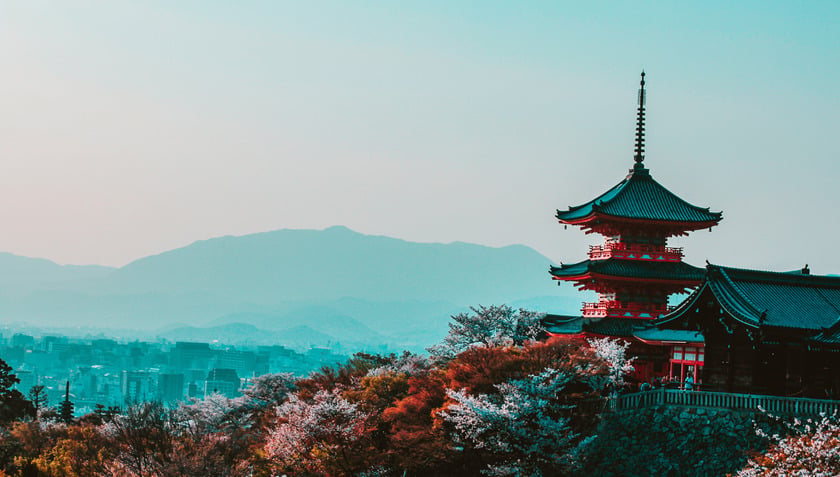
Besides factors like wanting to avoid crowds, the tendency for Japanese people to avoid traveling due to financial burdens remains a major reason.
A notable paradox is that hotel owners seem to have little incentive to lower room rates, because occupancy is always guaranteed by a steady and abundant flow of international tourists, who tend to spend more on accommodation. This inadvertently creates an unbalanced competitive environment, putting local residents at a disadvantage when they want to enjoy holidays in their own country.
"Inflation has directly limited people's willingness to spend," said Professor Atsushi Tanaka, a tourism research expert at Yamanashi University. The general increase in the prices of essential goods and services has forced people to tighten their spending, and travel expenses, especially international travel which is typically more expensive, have become one of the top targets for reduction.
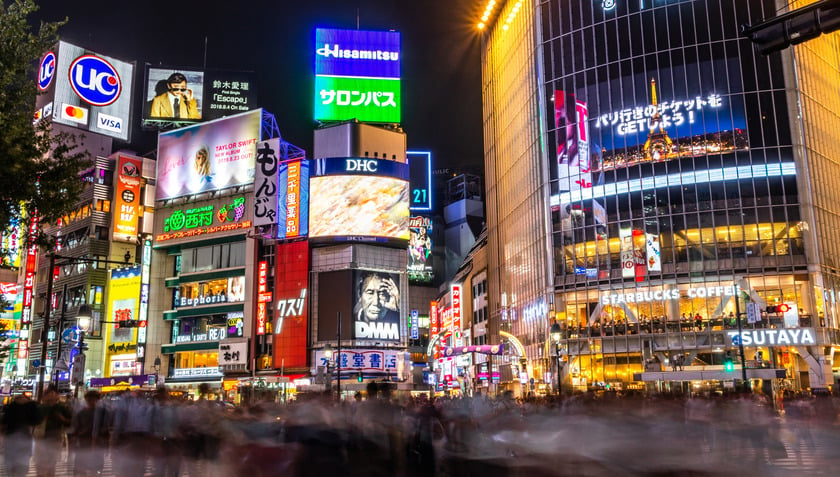
"Inflation has curbed people's willingness to spend," said Atsushi Tanaka, a professor of tourism studies at Yamanashi University.
A survey conducted last month by major travel agency JTB also revealed a worrying trend: only 21% of respondents confirmed they "may travel during the upcoming holiday," a nearly 6% decrease compared to last year. This indicates increasing caution and reluctance in Japanese people's travel plans. Similarly, Intage's survey also showed a 2% drop in the percentage of people planning a holiday compared to the previous year, further reinforcing the view that economic factors are influencing people's travel decisions.
Another noteworthy detail from Intage's survey is that the average budget Japanese people plan to spend on travel this year has slightly increased, from $192 to $201. This doesn't necessarily mean people are more affluent; on the contrary, it reflects the harsh reality that, due to the weakening yen, the cost of everything, including travel, has become more expensive. "They accept the fact that everything is more expensive this year," an Intage representative shared, suggesting a willingness to accept the increased costs while also implicitly signaling a reduction in the frequency and scale of trips.
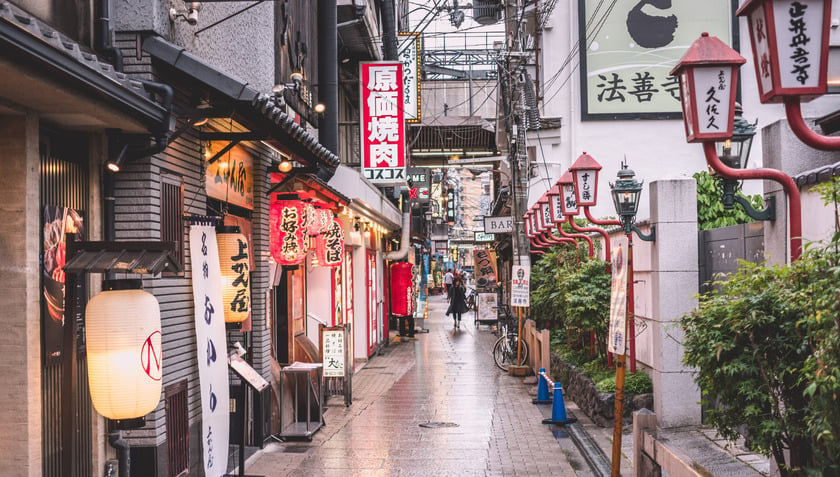
Japan is expected to welcome nearly 37 million international visitors in 2024, surpassing the record of 32 million in 2019 – the golden year of global tourism.
In a parallel development, Japan has reached an impressive milestone in its tourism industry, welcoming nearly 37 million international visitors in 2024, far surpassing the record of 32 million set in 2019, considered the "golden year" of global tourism. The Japanese government has even set an ambitious target of welcoming 60 million international visitors by 2030, demonstrating high expectations for the tourism sector's potential to boost economic growth and promote national culture.
However, the rapid growth in international tourism also brings significant challenges, particularly the issue of "overtourism." Similar to other popular destinations around the world, such as Venice in Italy, Japanese citizens are increasingly expressing dissatisfaction with the overcrowding of tourists in various localities, which negatively impacts their quality of life, the environment, and their travel experiences. Many localities have implemented measures to curb this, ranging from limiting the number of tourists to imposing special fees, but the results have not been as effective as expected.
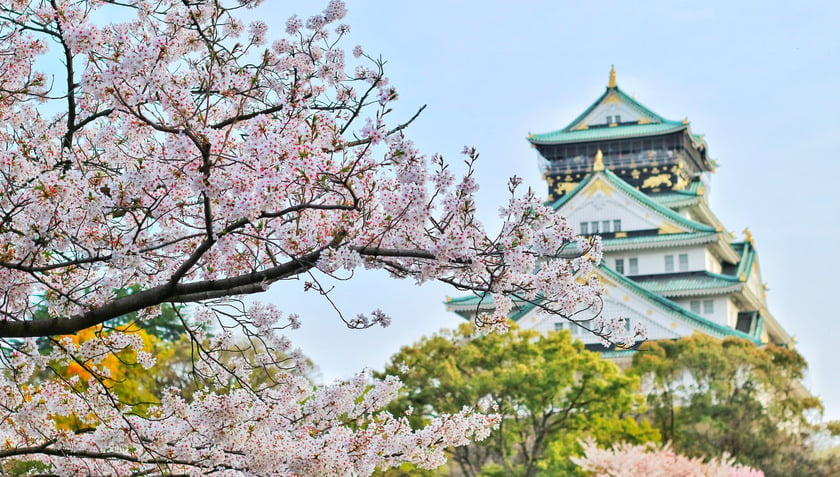
The government has set a target of welcoming 60 million international tourists by 2030.
In this context, a stark contrast emerges: while Japan strives to become a global tourism powerhouse, attracting millions of international visitors, its own citizens face increasing barriers to travel, particularly to exploring the world beyond national borders. The financial burden, coupled with rising travel costs due to the large number of international visitors and the weak yen, is turning international travel into an "unattainable luxury" for many Japanese – a paradox worth considering given Japan's booming tourism industry.

 VI
VI EN
EN



